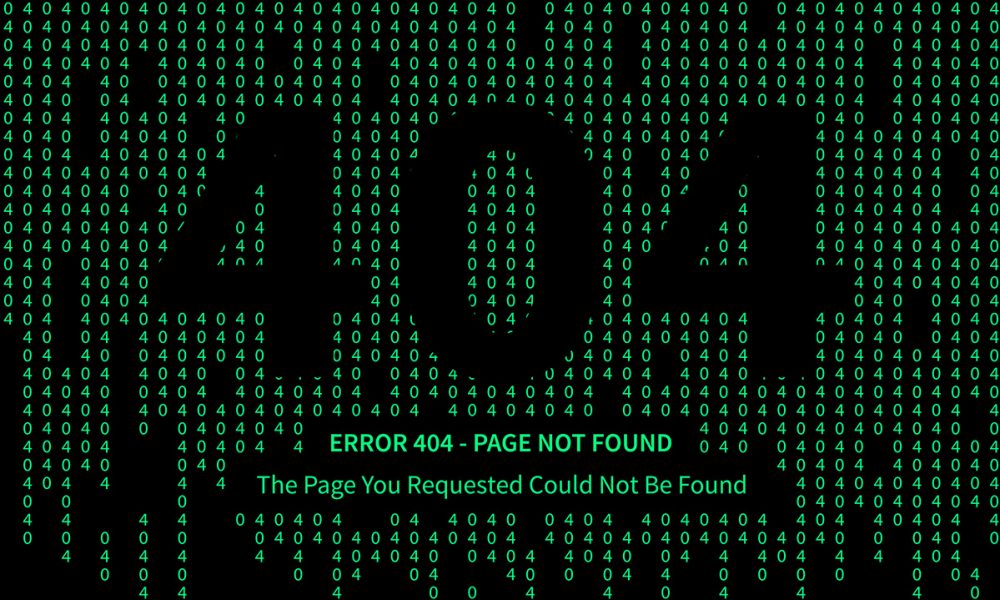For many years, Team Rayceen Productions live streamed on Facebook. Those videos are now gone. Because of a policy change on that social media platform earlier this year, live stream videos more than 30 days old were deleted.
Unaware of any announcement, we did not discover the loss of those videos until recently. Those videos include series by Team Rayceen Productions such as An Audience with the Queen of the Shameless Plug and Monthly Mouth-Off, numerous interviews with special guests, as well as footage of The Ask Rayceen Show, our monthly gathering and variety program, which ran from 2012 to 2021. Much of what took hundreds of hours to create from 2020 through 2024 is now gone.
This loss of content and documentation seems not like a fluke but rather a harbinger of things to come. Also disappeared from the Internet are videos recorded by the National Park Service about the history of DC Black Pride, which included an interview with Rayceen Pendarvis; those interviews are no longer on their website. Our videos on the Team Rayceen YouTube channel remain available, but those, and anything else that is online, exists precariously, at best.
We are all far too reliant upon social media platforms and websites not only to access information, but to store it and preserve it. Photos and videos are posted, then often deleted from devices. Storage is limited. Certainly some people regularly save images on hard drives and in the cloud, but the amount of time and energy it would take to sift through years of files would make recovery arduous.
Many of us use social media and websites to document the present and preserve the past, but we are vulnerable to the whims of the people who run and own them, and who those people are changes often without our knowledge and always without our consent.
Twitter was purchased and ruined because of one man and his political agenda. He succeeded in destroying what was the closest thing we had to an online town square. He, along with his billionaire cronies and colleagues, control the flow of information (and misinformation) for a pivotal percentage of people in the United States. These media moguls manipulate perceptions that create people’s reality. They can shift public opinions. They can bestow fame and success. The can villainize and dehumanize. They can distort the truth. They have the ability to weaponize not only the news, but to weaponize us against each other.
Nobody is safe or exempt. The recent predicaments of late night hosts Stephen Colbert and Jimmy Kimmel demonstrate that. The ominous “they” now quite clearly includes the U.S. government, with a current administration that seems less ethical than the Mafia in its pursuit of creating a regime similar to North Korea, targeting, among many others, people who they think are not sufficiently mourning the death of a podcast host.
What happens when they decide to stop the flow of information? What happens when we are unable to communicate? If there were no ability to direct message or email, if we were unable to text message or call people, how would we communicate? How would we organize? How would we resist?
Under comparable circumstances, the people of Nepal resisted. They protested, burned buildings, and apprehended corrupt government officials. Afterwards, they cleaned debris from the streets and forced looters to return stolen property. None of that seems likely to happen in the United States, nor does the resistance seen in France, South Korea, or other countries where the government was forced by the citizenry to capitulate.
We are far too reliant upon websites and social media, owned and controlled by too few individuals, for our social, cultural, economic, and communal well being. They can act with impunity. They can impose shadow-bans. They control the algorithms. They can remove content, limit access, delete accounts, suppress information, misrepresent facts, and not only impose a future they want to bring to fruition, but rewrite history as they please.
There are no simple solutions, such as going completely analog or avoiding technology. Awareness is the first step. Do not be lulled into a false sense of security. Do not assume that what you post or upload will be available in perpetuity. Do not rely on websites to be maintained or social media accounts to be accessible. Do not think that the algorithm is benevolent.
I hope this essay was insightful. If you liked it, please share it and share it soon. There is no way of knowing for how long it will be available.
Zar is the monomynous founder and former creative director of Team Rayceen Productions. Zar led TRP for more than 10 years and has lived in the Capital region all of his life.
